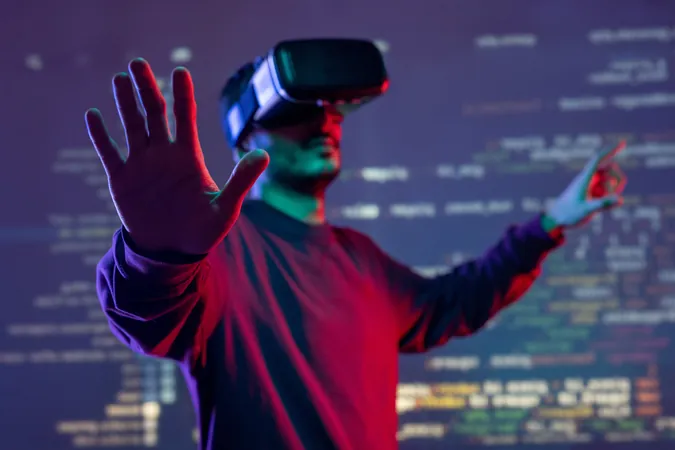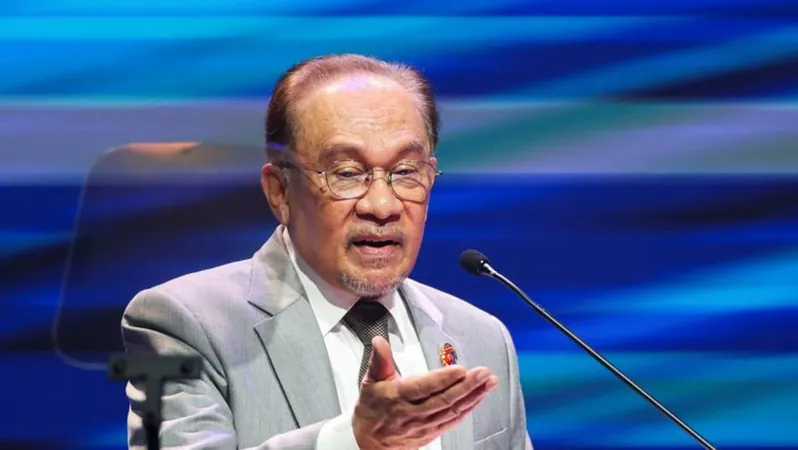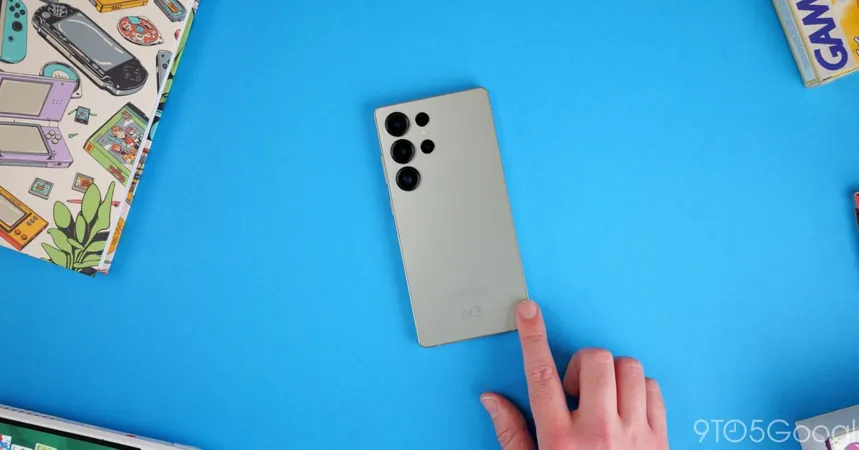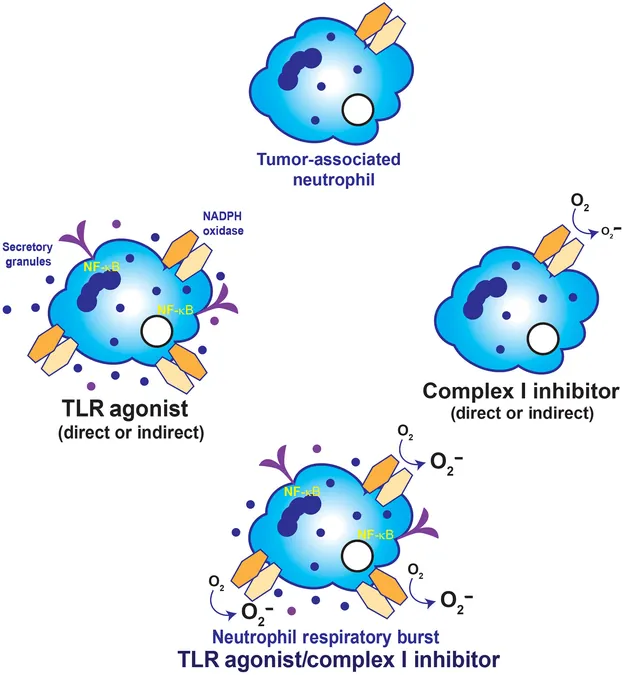
Revolutionizing Recovery: How VR and Gaming are Transforming Neurorehabilitation Post-Brain Surgery
2025-06-08
Author: John Tan
A New Era in Recovery: The Power of VR and Gaming
Brain tumours, whether benign or malignant, present life-altering challenges, impacting essential functions like speech, memory, and motor skills. Fortunately, advancements in technology are changing the game in recovery through immersive Virtual Reality (VR) and engaging gaming experiences.
Understanding Neurorehabilitation
After the complex journey of brain surgery, many patients face significant physical, cognitive, and emotional challenges. To navigate these roadblocks, neurorehabilitation is crucial for restoring quality of life. The exciting introduction of VR and gaming to this realm offers a revolutionary approach, transforming rehabilitation into an engaging and effective process.
The Science of Healing: Neuroplasticity in Action
Recovering from brain surgery demands time and patience as the brain rewires itself—a phenomenon known as neuroplasticity. Through gaming and VR, patients can engage in immersive environments that stimulate various brain regions, promoting synaptic changes and neural reorganization, essential for recovery.
Motor Skills Mastery: Engaging Through VR
Post-surgery, many struggle with motor impairments like coordination and strength. VR addresses this in a playful yet effective manner. Whether simulating cricket or goalkeeping, these games help patients practice crucial movements repeatedly in a safe environment—without the pressure of real-world consequences.
Boosting Cognitive Abilities Through Gameplay
Brain surgery can hinder mental functions such as attention and memory. VR doesn’t just entertain; it provides stimulating challenges that enhance cognitive skills. From puzzles to memory exercises, these games make rehabilitation enjoyable, ultimately aiding in a patient’s cognitive recovery.
Emotional Healing: Providing Support Through VR
The psychological impact of brain surgery is often overlooked. VR can offer emotional relief by immersing patients in calming environments that foster positivity and self-esteem. This significant emotional engagement is essential for maintaining motivation throughout the recovery journey.
The Unmatched Benefits of VR and Gaming in Rehab
The integration of VR and gaming in neurorehabilitation presents unique advantages. These technologies ensure repetitive practice while keeping patients entertained, offer real-time feedback to boost performance, and are increasingly cost-effective and accessible—especially with innovations emerging from institutions like IIIT Hyderabad.
A Bright Future: The Growing Role of Technology in Recovery
As VR and gaming technologies become more available and affordable, their roles in guiding brain surgery patients back to their daily lives are set to expand. This dynamic shift in rehabilitation methods promises to enhance recovery outcomes and improve the quality of life for countless individuals.




 Brasil (PT)
Brasil (PT)
 Canada (EN)
Canada (EN)
 Chile (ES)
Chile (ES)
 Česko (CS)
Česko (CS)
 대한민국 (KO)
대한민국 (KO)
 España (ES)
España (ES)
 France (FR)
France (FR)
 Hong Kong (EN)
Hong Kong (EN)
 Italia (IT)
Italia (IT)
 日本 (JA)
日本 (JA)
 Magyarország (HU)
Magyarország (HU)
 Norge (NO)
Norge (NO)
 Polska (PL)
Polska (PL)
 Schweiz (DE)
Schweiz (DE)
 Singapore (EN)
Singapore (EN)
 Sverige (SV)
Sverige (SV)
 Suomi (FI)
Suomi (FI)
 Türkiye (TR)
Türkiye (TR)
 الإمارات العربية المتحدة (AR)
الإمارات العربية المتحدة (AR)